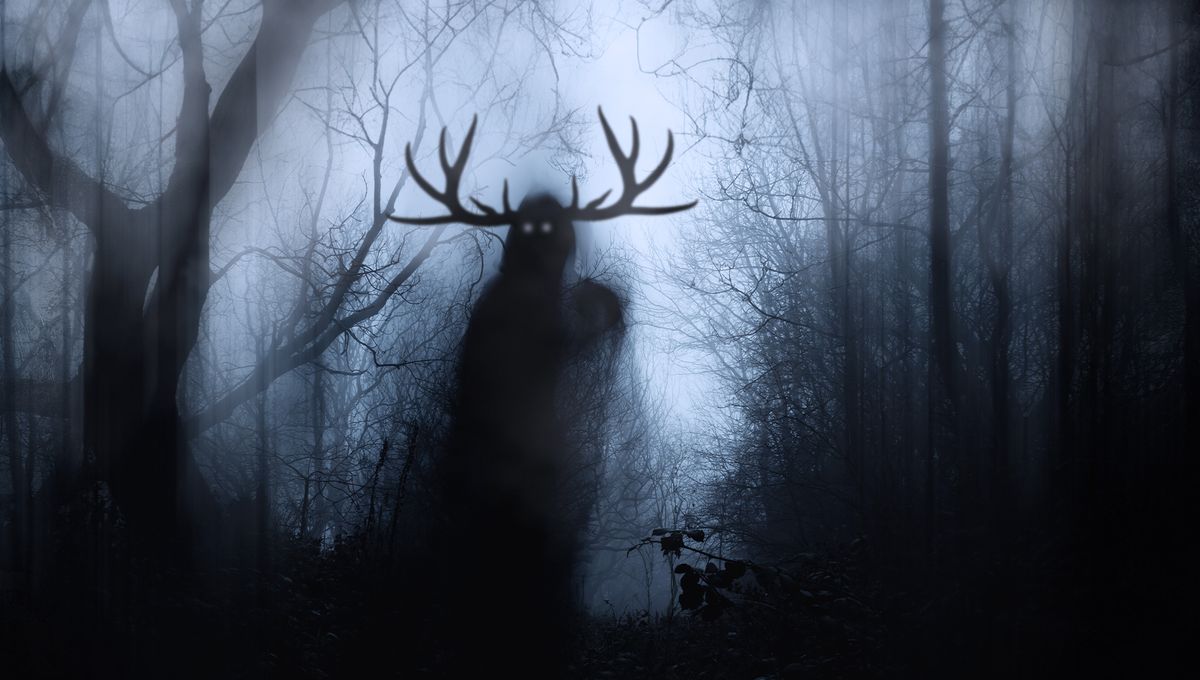
The uncontrollable desire to consume human flesh is usually seen as a sign of insanity, yet the authors of a new study suggest that cannibalistic urges may in fact be triggered by a more nuanced set of factors than mere derangement. Highlighting the example of Wendigo psychosis among certain Native American communities, the researchers reveal how cultural conditioning, upbringing, and other influences can sometimes manifest as a hunger for humans.
“[Wendigo psychosis] is a fascinating and enigmatic culture-bound syndrome rooted in the mythologies of Algonquian-speaking tribes, particularly those in the northern regions of North America,” write the authors. “This phenomenon is marked by an overwhelming belief and delusion that individuals are transforming into Wendigos, malevolent spirits driven by an insatiable desire for human flesh.”
Adding some meat to the bones, the researchers go on to explain that the Wendigo takes the form of “a towering, emaciated figure emanating the odor of decaying flesh,” with “fiery eyes” and “a heart made of ice.” Individuals experiencing Wendigo psychosis “begin to believe that they are possessed by the Wendigo, leading to heightened levels of paranoia and violent hallucinations of potential victims.”
“Further along, those afflicted may develop an alarming shift in perception, viewing others, even close family members, as potential prey,” explain the authors. “Once human flesh is consumed, the transformation to Wendigo is considered complete and irreversible.”
Though cases of this maniacal disorder are rare, historical records going back 300 years attest to the existence of the cannibalistic condition, including one sufferer who killed and ate his relatives during a famine in 1786. However, while such delusions may seem like pure madness, the researchers say that Wendigo psychosis could represent a culturally relevant psychological defense mechanism arising from Algonquian mythology.
Originating in Canada, these tribes were no strangers to brutal winters marked by famine and starvation. In extreme scenarios, resorting to cannibalism may have become necessary, and the existence of the Wendigo myth may therefore have provided a narrative tool to distance oneself from one’s unspeakable actions.
In other words, “cannibalism, and indirectly, Wendigo psychosis, can become a maladaptive and individualistic survival strategy during times of extreme scarcity […] where the belief in transformation into a Wendigo serves as an outlet for expressing internal distress,” write the authors. Analyzing the myth’s psychological function, they explain that “the Wendigo’s insatiable appetite mirrors the desperation that emerges amidst scarcity, while its transformation from human to monstrous entity signifies the risk of losing one’s humanity in dire situations.”
That being the case, it’s hardly surprising that Wendigo psychosis and cannibalism have historically been more widespread during periods of extreme famine. Fortunately, a more stable food supply and better psychiatric treatment in the modern era have all but eliminated the Wendigo, which hasn’t reared its bloodthirsty head in many a long winter.
The study is published in the journal Cureus.
Source Link: How Wendigo Psychosis Turns People Into Cannibals "Possessed" By Flesh-Eating Monsters